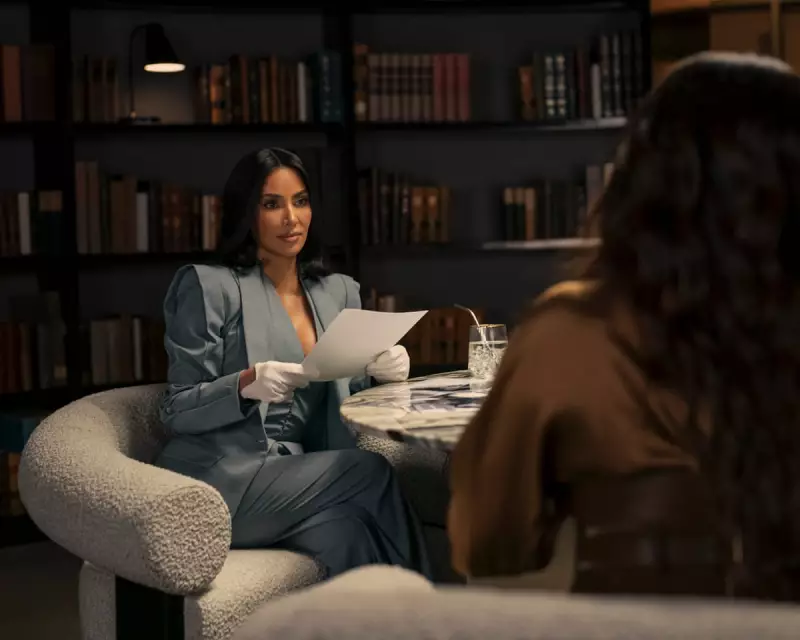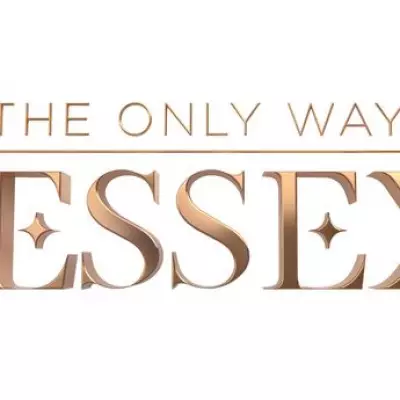
Imagine paying good money for a night out, only to witness what critics are calling some of the worst cultural offerings in recent memory. Across the UK, a growing number of theatre productions, television shows, and artistic events are receiving the ultimate critical condemnation: the zero-star review.
When Art Goes Wrong
These aren't just mediocre productions - they're cultural catastrophes that leave audiences baffled and critics reaching for their most scathing vocabulary. From West End theatres to regional playhouses, the phenomenon of zero-star entertainment appears to be on the rise.
The Anatomy of a Disaster
What does it take to earn the dreaded zero stars? According to industry experts, these productions typically share several common characteristics:
- Technical incompetence - from sound systems that fail to lighting that leaves actors in darkness
- Creative misjudgement - concepts that sounded interesting on paper but fail spectacularly in execution
- Poor performances - acting that ranges from wooden to outright embarrassing
- Script issues - dialogue that makes audiences cringe rather than engage
The Critics' Perspective
Seasoned reviewers emphasise that awarding zero stars isn't done lightly. "When we give this rating, it's because every element of the production has failed," explains one prominent theatre critic. "It's not just that it's bad - it's that it offers no redeeming qualities whatsoever."
Audience Reactions Speak Volumes
Social media platforms and review sites are filled with accounts of disappointed patrons who feel short-changed by these subpar productions. Many report walking out during intervals, while others express frustration at wasted time and money.
A Call for Higher Standards
As the number of zero-star reviews grows, industry professionals are calling for better quality control and more rigorous development processes. The concern isn't just about individual failures, but about maintaining public trust in the cultural sector as a whole.
While artistic risk-taking should be encouraged, there's a growing consensus that basic professional standards must be maintained to protect both audiences and the reputation of the UK's vibrant cultural landscape.





